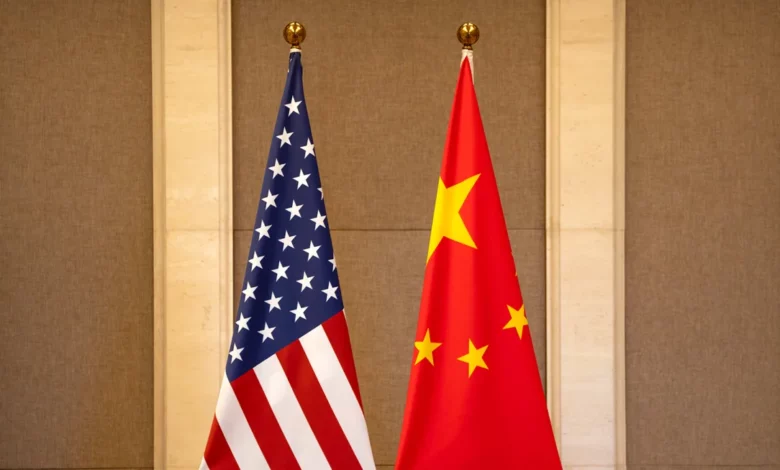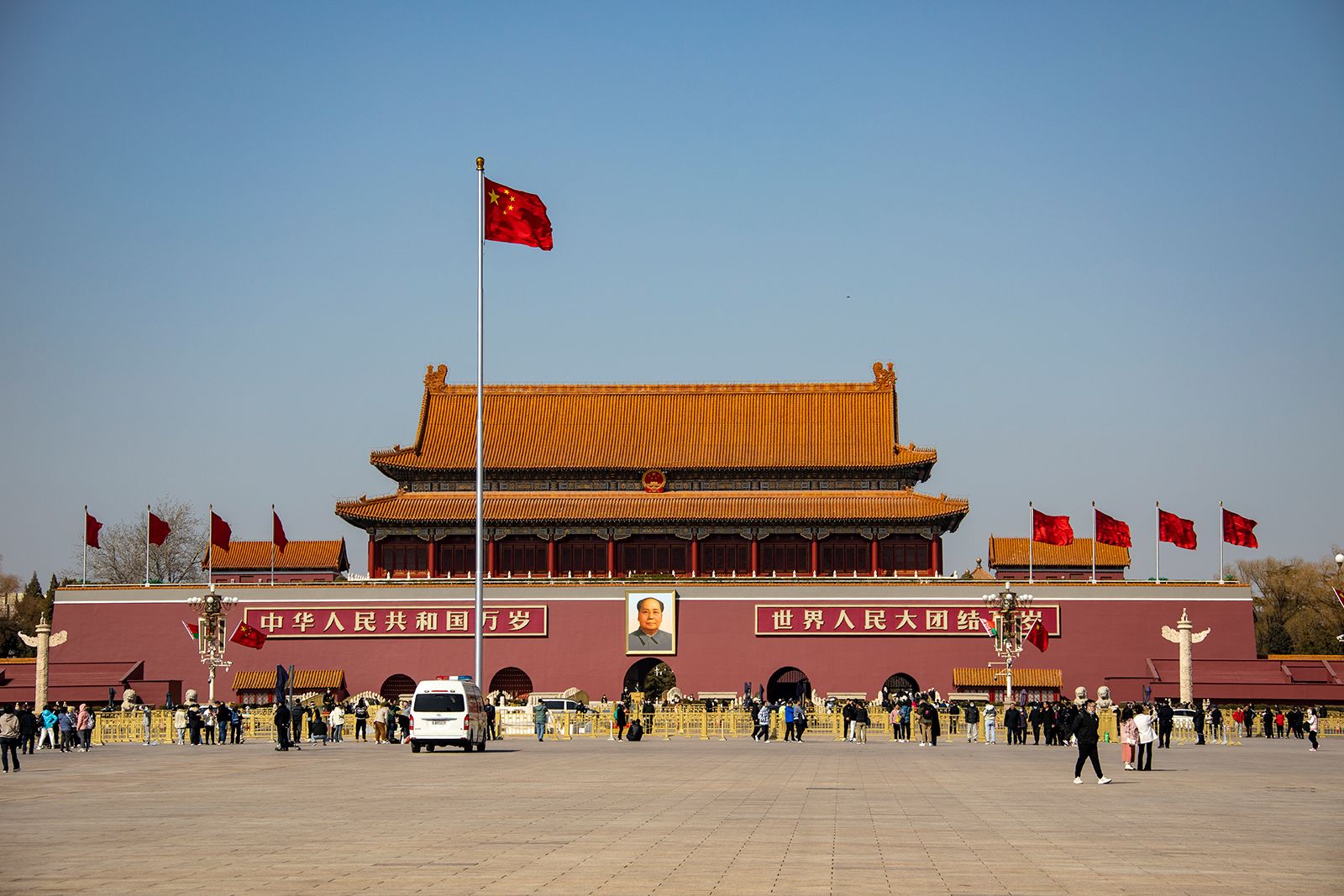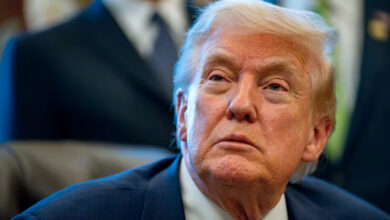
For years, Americans interested in visiting China had to endure a thorough visa process, which required pre-booking hotels and flights and handing their passports over to an embassy or consulate for an undetermined period.
But as of January 1, 2024, some of those restrictions have dropped or loosened, making it easier than ever for US citizens to obtain a Chinese tourist visa.
Americans have the seventh most powerful passport in the world, meaning there are a whopping 187 countries and territories that US citizens can visit either without a visa or by getting one immediately on arrival – a list that includes Hong Kong and Taiwan, but not mainland China.
Elsewhere in the region, US passport holders can visit Japan, South Korea, Thailand and Singapore on vacation visa-free for 30-90 days.
As a result, China has been further down the bucket list for many American travelers, who considered the country “too hard” to visit.
Now, Americans who want to get a Chinese tourist visa (L-visa) no longer have to submit proof of a round-trip flight booking, a hotel reservation, an organized itinerary or a letter of invitation.
The Chinese embassy in Washington announced the newly relaxed guidelines on December 29, 2023, citing the desire “to further facilitate people-to-people exchanges.”
State-run media outlet Xinhua also reported that the Civil Aviation Administration of China plans to increase nonstop flights between the two countries.
Making friends through travel incentives
Sam Fleischmann, a Pittsburgh-based education consultant planning to visit China in April, said he’s more inclined to do so now that certain restrictions have been lifted.
“If I’m in a city to do consultancy for two weeks, but I have other opportunities to go to a different city, it’s nice to have the flexibility that I don’t need my return ticket,” says Fleischmann. “I think spontaneous travel is one of the most beautiful things about traveling.”
For his next trip to Hong Kong, he’s considering staying in Shanghai for a few days thanks to the six-day visa-free transit policy, where citizens of 53 countries can enter and stay in designated cities and provinces in China without a visa if they meet certain criteria.
It’s not just Americans who stand to benefit from China opening up.
In November, China announced a trial program to allow visitors from France, Germany, Italy, the Netherlands, Spain and Malaysia to enter visa-free for 15 days.
Soon after, China and Thailand announced intentions of a reciprocal visa-free program, which the Chinese Foreign Ministry said would “serve the fundamental interests of both peoples.”

Visas weren’t the only challenge for Western tourists going to China that the country has addressed.
Last year, the country’s main digital payment systems, WeChat Pay and Alipay, opened up to users with non-Chinese credit cards and bank accounts, thus eliminating a major pain point for foreign visitors.
Since last July, visitors have also been able to link their Visa and Mastercard accounts to China’s most popular mobile payment platforms – allowing them to book taxis, ride the subway and pay for goods and services at millions of outlets across the near-cashless country, though a fee may be added for larger transactions.
However, one thing that hasn’t eased is the US State Department’s guidance on going to China. It lists China as a level three or “orange” country, which means “reconsider travel.”
The guidance reads: “Reconsider travel to Mainland China due to the arbitrary enforcement of local laws, including in relation to exit bans, and the risk of wrongful detentions.”
What’s behind the changes?
China enforced one of the world’s strictest lockdowns during the pandemic, which battered the economy. The consequences of these policies can be seen in the slowdown and dismal economic results last year.
“The impact of Covid lockdowns communicated to the rest of the world in the sense that China was closed and closing off, and so by changing these rules, it sends the message that it’s opening back up,” says Hong Kong University tourism professor Benjamin Iaquinto.
“The economy in China is not doing so well. And this is probably going to help contribute to boosting it back up again, there are also concerns with its international reputation,” he added.
However, according to Iaquinto, geopolitical tensions – including “volatile” US-China relations – mean that these changes might not be permanent.
“If there’s some type of blowup between the two countries, not necessarily in terms of war, but some type of political argument,” he said, “that might result in China responding by reversing those changes.”




